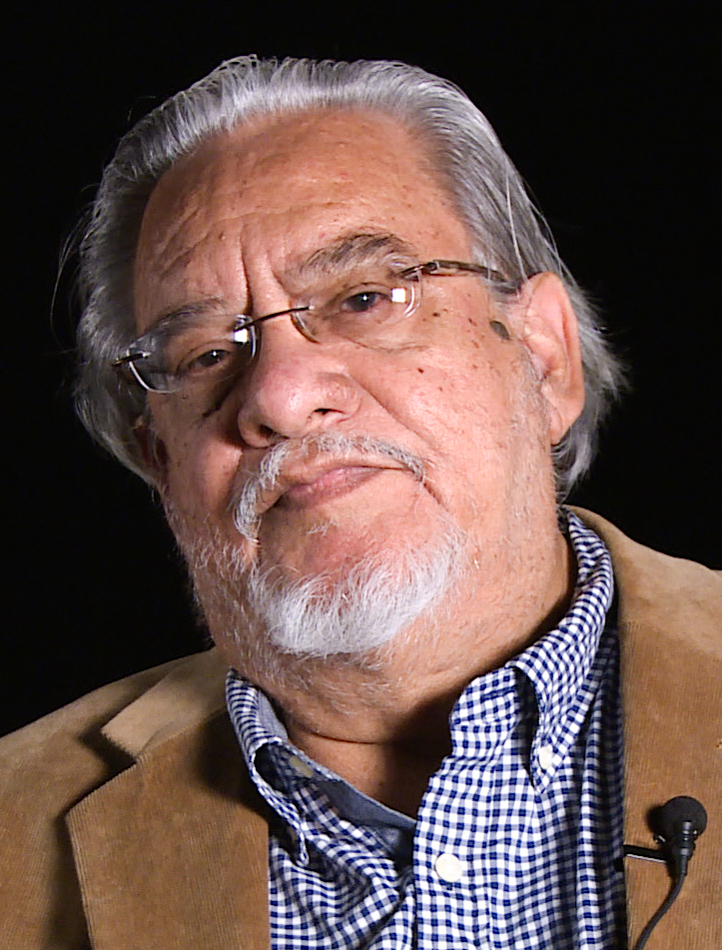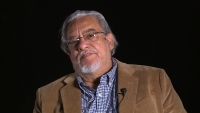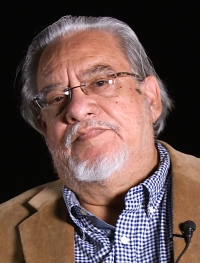„There were two options; either to leave or to live under total oppression.“

Stáhnout obrázek
Juan Felipe Benemelis was born on May 13, 1942, in the village of Manzanillos. Sometime in 1953 or 1954, he moved with his family to Havana, where he studied management at the private American institution, Havana Business University. After graduating in 1959, he was selected as a candidate for diplomatic training and was subsequently deployed to the new diplomatic corps of the Fidel Castro regime. He joined the Ministry of Foreign Affairs and, in 1962, started working as a diplomat in several West African countries. His main task was to support the establishment and training of guerilla groups to combat colonialism and establish Marxist states. During his travels to Czechoslovakia, he met his future wife, who in 1964 gave birth to his daughter. (However, the marriage fell apart, and Juan Benemelis did not see his daughter for several more decades.) During this time, he worked in the Congo, where there were important deposits of uranium. However, the Cuban-backed fraction was unsuccessful, and Juan returned to Cuba, where he was questioned and investigated at the Villa Marista State Security headquarters for the mission‘s failure. After his return, he studied history at the University of Havana and at the same time worked for several institutions, such as the Ministry of Foreign Affairs and La Tricontinental, the international headquarters of the guerilla movements. He devoted himself to African affairs. Due to the struggle between the fractions, he got into trouble, which led to a preventive departure to Yemen in 1975, where he worked as an advisor to the President. He returned to Cuba just before the military coup that deposed his employers. After Ramiro Valdés‘s return to the Ministry of the Interior, he had to leave Cuba under a false identity through the port of Mariel. After arriving in the US, he was investigated by the US secret services, and in the coming years, he worked as a foreign policy adviser to the US. He writes books and articles on Cuban issues as well as on racial issues. He met his daughter, who lives in the USA.

